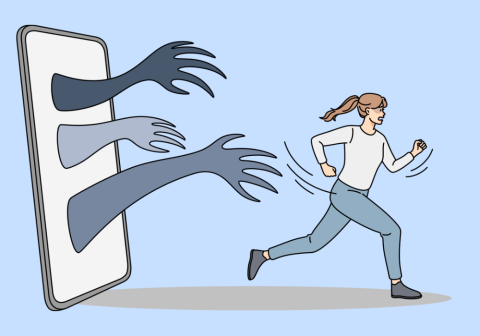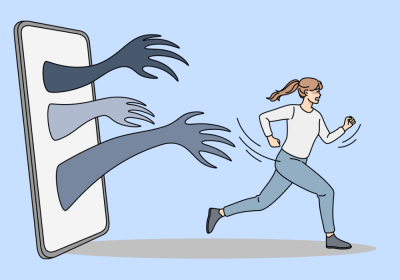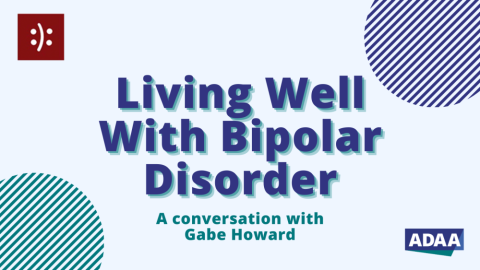If you think your child may have an anxiety disorder, please answer the questions below, print out the page, and share the results with your child's health care professional.
To locate a specialist who treats anxiety disorders in children, visit the ADAA Find a Therapist.

| Yes No | Does your child have a distinct and ongoing fear of social situations involving unfamiliar people? |
| Yes No | Does your child worry excessively about a number of events or activities? |
| Yes No | Does your child experience shortness of breath or a racing heart for no apparent reason? |
| Yes No | Does your child experience age-appropriate social relationships with family members and other familiar people? |
| Yes No | Does your child often appear anxious when interacting with peers, or try to avoid them? |
| Yes No | Does your child have a persistent and unreasonable fear of an object or situation, such as flying, heights, or animals? |
| Yes No | When encounting the feared object or situation, does he react by freezing, clinging, or having a tantrum? |
| Yes No | Does your child worry excessively about her competence and quality of performance? |
| Yes No | Does your child cry, have tantrums, or refuse to leave a family member or other familiar person when necessary? |
| Yes No | Has your child experienced a decline in classroom performance, refused to go to school, or avoided age-appropriate social activities? |
| Yes No | Does your child spend at least one hour each day repeating things over again, such as hand washing, checking, arranging, or counting? |
| Yes No | Does your child have exaggerated and irrational fears of people, places, objects or situationjs that interfere with his or her social and academic life? |
| Yes No | Does your child experience a great number of nightmares, headaches, or stomachaches? |
| Yes No | Does your child repetitively use toys to re-enact scenes from a disturbing event? |
| Yes No | Does your child redo tasks because of excessive dissatisfaction with less-than-perfect performance? |
Reference
Diagnostic and Statistical Manual of Mental Disorders, Fourth Edition. Washington, DC, American Psychiatric Association, 1994.















